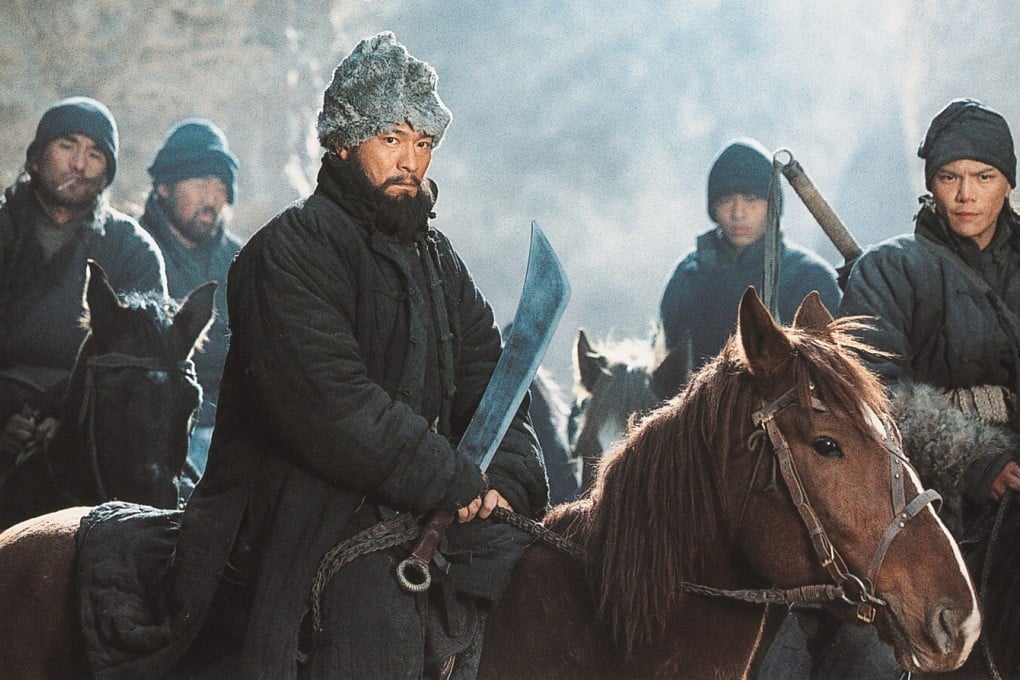Peter Chan’s The Warlords: Jet Li, Andy Lau and Takeshi Kaneshiro star in gritty anti-war film
- Chan, known for light dramas, jumped on the bandwagon of martial arts blockbusters to make a movie best remembered for its large-scale battle sequences
- But he didn’t want to replicate Chang Cheh’s The Blood Brothers, on which it was based, and intervened to ensure the fight scenes did not look too ‘Chang Cheh’

Peter Chan Ho-sun had not made an action film before he made The Warlords, the 2007 war drama which features Jet Li Lianjie as an ambitious general leading the Qing army to victory over the Taiping rebels.
Chan was best known for heart-warming light dramas like 1996’s Comrades, Almost a Love Story , but the emergence of the Chinese blockbuster phenomenon, which saw big-budget Hong Kong action films achieving good results at the box office in China, prompted a change of style for the director and producer.
The result was a gritty anti-war film which effectively split its time between the internecine wrangling of its three main protagonists – played by Li, Andy Lau Tak-wah and Takeshi Kaneshiro – and the spectacle of large-scale battle sequences.
The story, which had been filmed at least twice before, and had also been adapted for Shanghai-style Peking Operas, is based on a real event which has been called one of the “Four Mysteries of the Qing dynasty”. Known as Zhang Wenxiang Assassinates Ma, it is the story of the assassination of ambitious Qing general Ma Xinyi by one of his associates for a still-unknown reason.